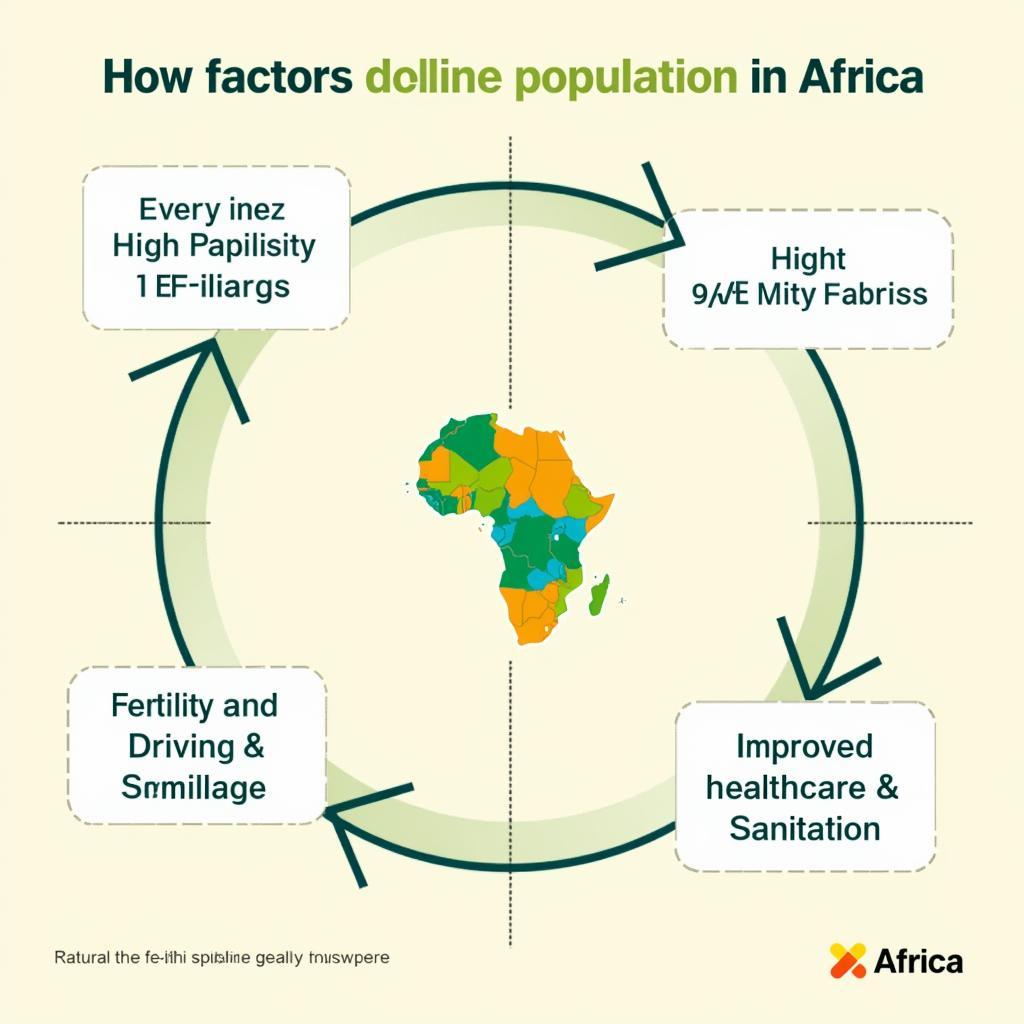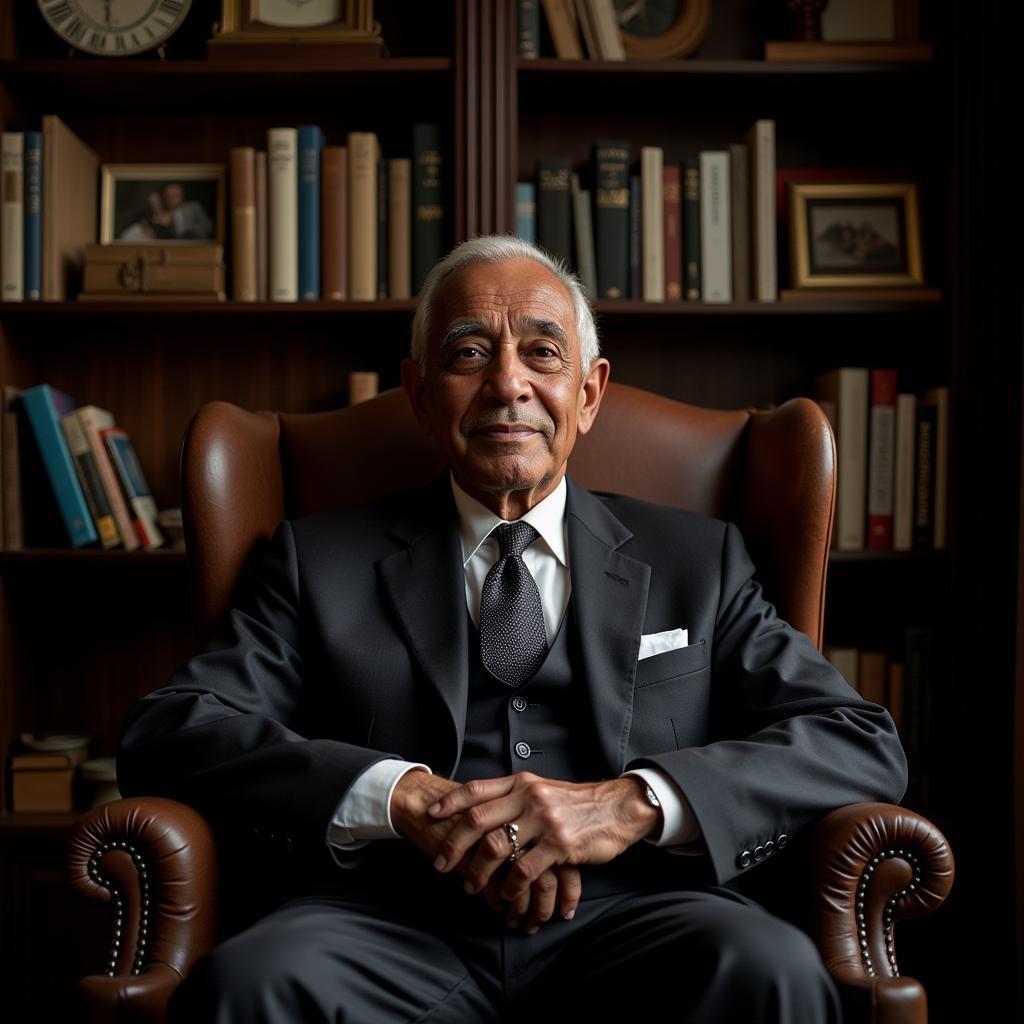African Family Watching TV: A Glimpse into Modern Entertainment and Cultural Shifts
An African family gathered in their living room, eyes glued to the television screen, is a sight increasingly common across the continent. This seemingly ordinary act of watching TV offers a fascinating window into the evolving dynamics of African families, the influence of global media, and the blending of tradition with modernity.
More Than Just Entertainment: The Role of Television in African Homes
While television serves as a source of entertainment worldwide, its role in many African homes extends far beyond mere amusement. It’s a powerful tool for education, a platform for cultural exchange, and a catalyst for discussions on societal values and norms.
For many, television provides access to information and educational content that might be otherwise inaccessible. Documentaries on wildlife, news broadcasts on global events, and educational programs open up new worlds and perspectives, particularly in areas with limited access to formal education.
Moreover, television plays a crucial role in bridging cultural divides. With access to international channels, African families are exposed to a kaleidoscope of cultures, lifestyles, and perspectives. This exposure can foster cross-cultural understanding, challenge stereotypes, and broaden worldviews.
The Changing Landscape of Content: From Nollywood to Telenovelas
The content consumed by African families is as diverse as the continent itself. From locally produced dramas and soap operas to international news channels and Hollywood blockbusters, the choices reflect a blend of local tastes and global trends.
Nollywood, Nigeria’s booming film industry, holds a special place in many African homes. These movies, often characterized by their relatable storylines, vibrant characters, and focus on social issues, resonate deeply with audiences across the continent. Similarly, other African countries, including Kenya, Ghana, and South Africa, boast thriving film industries that cater to local audiences.
Beyond local productions, international content, including telenovelas from Latin America, Bollywood films from India, and Hollywood movies, have also found a significant audience. These programs offer a glimpse into different cultures and often spark conversations about universal themes like love, family, and societal expectations.
Navigating the Digital Age: The Rise of Streaming and On-Demand Content
The digital revolution has significantly impacted how African families consume media. With the increasing availability of internet access, streaming services like Netflix, Amazon Prime, and Showmax, are rapidly gaining popularity. These platforms offer a vast library of on-demand content, allowing viewers to choose what they want to watch, when they want to watch it.
This shift towards on-demand content reflects a broader global trend. However, in many African countries, it also signifies a leapfrogging of traditional media consumption patterns. As internet penetration increases and mobile technology becomes more affordable, streaming services are poised to become even more prevalent, further shaping the viewing habits of African families.
 Family enjoying streaming services on a tablet
Family enjoying streaming services on a tablet
A Family Affair: The Social Dynamics of TV Watching
Watching television is often a communal activity in African households. It’s a time for families to bond, share laughter, engage in lively discussions, and create shared memories.
In many families, different generations gather around the television, each bringing their unique perspectives and interpretations to the content being viewed. This intergenerational exchange can foster understanding and bridge generational gaps.
Conclusion: A Reflection of Evolving Africa
The simple act of an African Family Watching Tv reveals a complex interplay of entertainment, cultural influences, technological advancements, and social dynamics. It showcases a continent embracing modernity while holding onto its traditions, a society grappling with global trends while celebrating its unique identity. As technology continues to evolve and the media landscape continues to shift, it will be fascinating to witness how the viewing habits of African families continue to adapt and reflect the ever-changing face of Africa.


